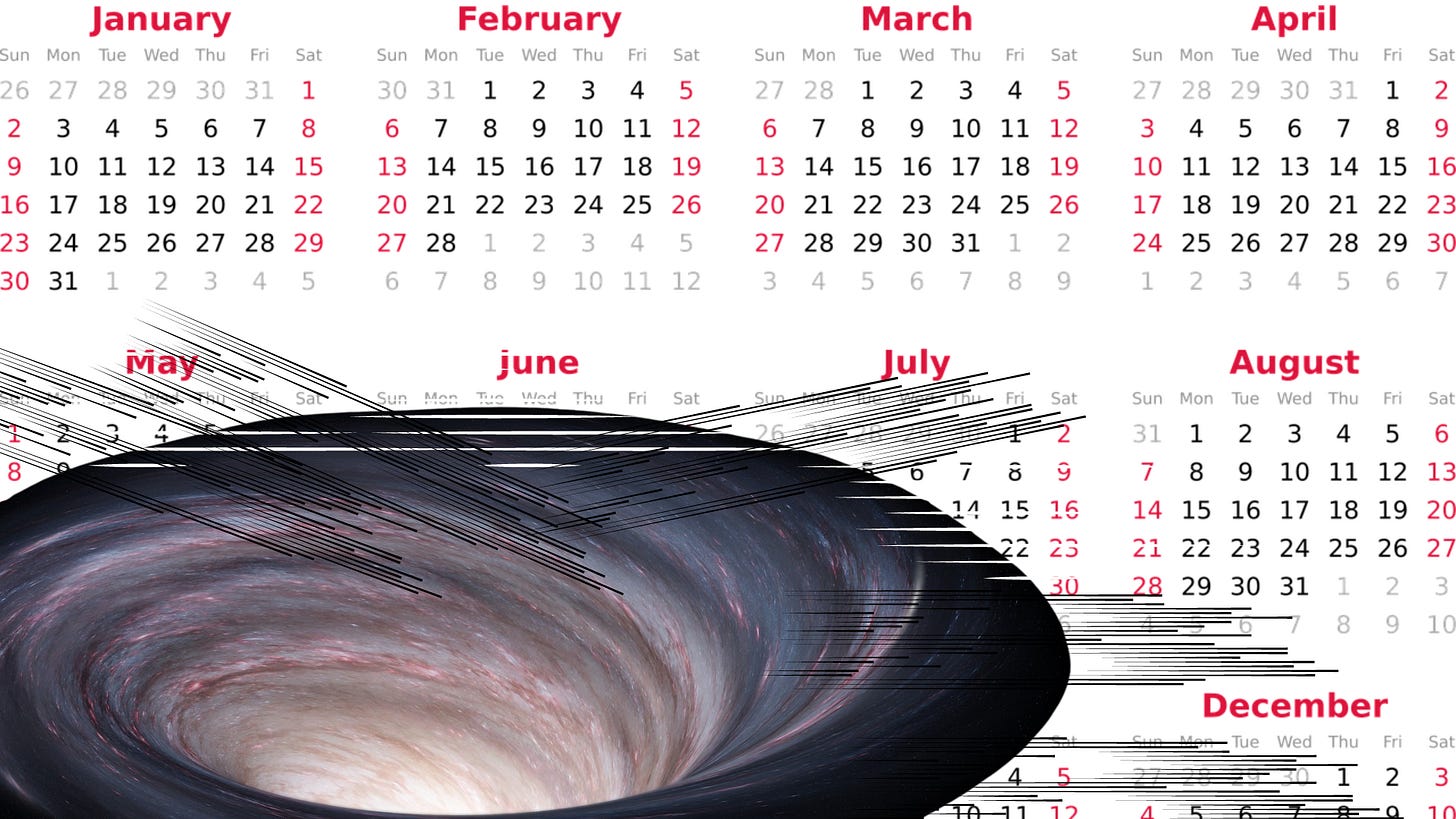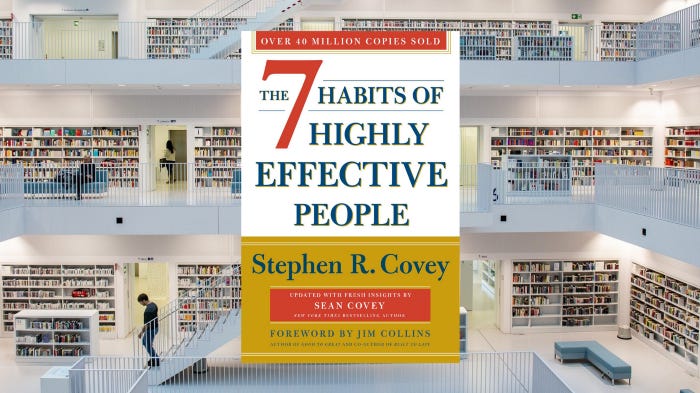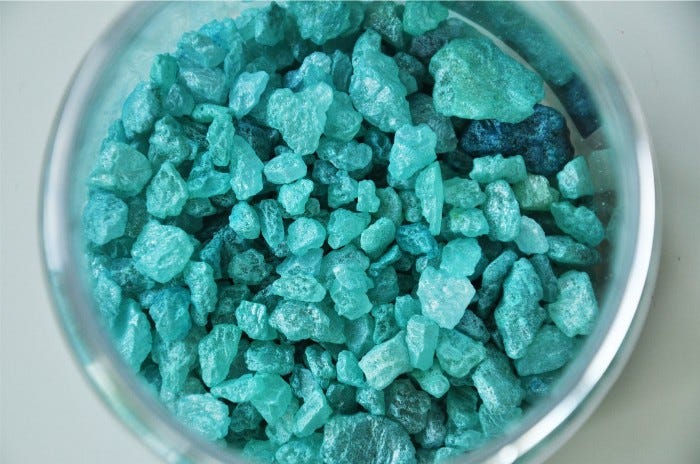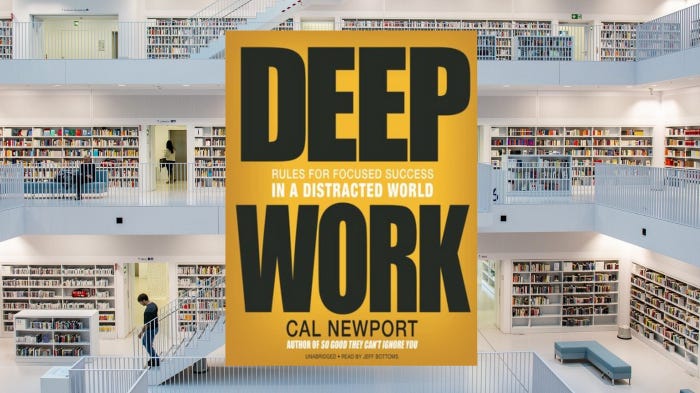If You Can Control Your Schedule, You Can Control Your Life
High-impact advice from a legendary high-performer that will help you keep your biggest goals front and center
“A schedule is a net for catching days.”
-Annie Dillard, The Writing Life
Forgive my design skills — the image above is supposed to be your entire life spinning out of control and tumbling down into a black hole because you don’t have control over your schedule or know how to use one effectively.
But you can learn, and it will make a huge difference.
One of the best pieces of advice I’ve ever received (seriously) when it comes to taking control of your time and your schedule — and therefore your life — is to schedule what’s most important to you first, and then schedule everything else around it.
Instead of trying to just “fit it in somewhere,” it has to be in your schedule, or it’s like it doesn’t exist.
It’s like a website that shows up on the second page of the Google search results. No one’s ever going to find it. I mean, who goes further than Page One of Google when they’re looking for an answer to their question?
Nobody. That’s who. So anything that’s not on your schedule is basically even less important to you than Page Two of a Google search.
Another excellent way of looking at it comes from Stephen Covey, author of one of my favorite books, The 7 Habits of Highly Effective People. The book is a little bit dated, but it’s still a great read.
Covey used to ask his audiences of high-performers and top executives to imagine a glass jar that you’re trying to fill to the top. And to fill it, you have big rocks, small rocks, and sand.
What’s the best way to fill up that jar?
If you put the smaller rocks in first (your less important tasks), and then you waste some time on some low-value activities, then when you try to fit those big rocks in there you find that there’s not enough room left.
You’ve filled your day — your jar — with sand and all these less important things, and then when you get to the end of your day you realize that the things you claimed were most important to you in life got lost on Page Two.
So schedule what’s important to you first, and then schedule everything else around it. For me, the big rocks are reading, writing, and working out. Oh yea, and spending time with my family I guess :)
That’s basically all I do every day.
You won’t find me reading YouTube comments on a video I don’t care about; you won’t find me gossiping about who just broke up with whom, or who’s losing all their money, or whatever. I just don’t have time for that shit.
It’s all sand, to me.
My day is basically this: wake up; coffee; read; fasted cardio; more coffee; read; work; read; spend time hanging out with my family; read; work; go to the gym again; read some more; maybe watch a movie or (gasp) chill out with a book again.
And then I go to sleep. For 8–9 hours, which I’ve also scheduled so I can make sure that I always get a good night’s rest.
Am I perfect with this all the time?
Of course not.
I still let some sand slip in there occasionally, and that’s totally normal. 100% compliance isn’t really realistic. Shoot for 95% disciplined, and you’ll be well ahead of where you used to be.
3 Hours of Deep Work Per Day Will Change Your Life
When it comes to your career or your creative projects, if you want to advance and make progress, then I absolutely recommend you schedule what Cal Newport calls “deep work.”
Deep work is your big rocks. It’s an extended period (usually 2–4 hours) of focused, disciplined work on something that you’ve deemed exceptionally important and that you want to bring everything to.
For myself, my deep work involves writing — specifically, the detailed book breakdowns for the Stairway to Wisdom, articles on Medium, my newsletter, etc. I care about the quality of those things, so I dedicate long periods of deep work to make them as great as they can be.
Your deep work will look different than mine, but the basic principles are the same.
We’re talking about you — by yourself — in a room without any distractions, completely immersed in the task at hand, and totally focused on getting the most out of yourself and your creative powers that you possibly can.
If you’re new to this, commit to just 2 hours of deep work every single day.
That’s 730 hours in just a single year.
Do you think that you could accomplish something phenomenal if you put 730 hours towards it? Of course you could! You absolutely can create something amazing if you put that much time into doing your best.
If you really want to go all-in, can you do 4 hours day?
That’s 1,460 hours a year, working at peak focus, in order to build something awesome that can change your life — like a book, an online course, a business, etc. Or it could be an exercise program, a key relationship — basically, anything that’s important to you that you want to deepen and improve.
The key is to schedule your deep work sessions at a time when you’ll be the most focused. That’s different for most people, but I schedule mine after my second cup of coffee, after I’ve done some reading, and usually after I’ve done some cardio at the gym.
Then I’m all ready to go!
Time is What Your Life is Made Of
I have so much more to say on the subject of time, and you can bet that I’ll be writing more articles like this one to help you master your time and create the kind of life you want for yourself.
One last thing I’ll point out though is that once you do start scheduling your most important activities, you’ll notice that there aren’t actually that many hours in the day.
I’d love to schedule 10 hours of reading, 5 hours of deep working, 3 hours with my family, 9 hours of sleep, 3 hours for my “small rocks,” etc.
But that’s 30 hours right there, and that doesn’t even take into account things like cooking and showering and driving and, you know, being alive as a human.
Keeping a schedule keeps you cognizant of the true value of time. Time really is what your life is made of. It follows, therefore, that if you waste time, what you’re really doing is wasting your life.
To really hammer home the importance of time, I’ll remind you that the time you waste (and even the time you spend well) is gone forever, never to return. It’s just like what Marcus Aurelius wrote 2,000 years ago in his amazing book, Meditations:
“At some point you have to recognize what world it is that you belong to; what power rules it and from what source you spring; that there is a limit to the time assigned you, and if you don’t use it to free yourself it will be gone and will never return.”
All the best,
Matt Karamazov






